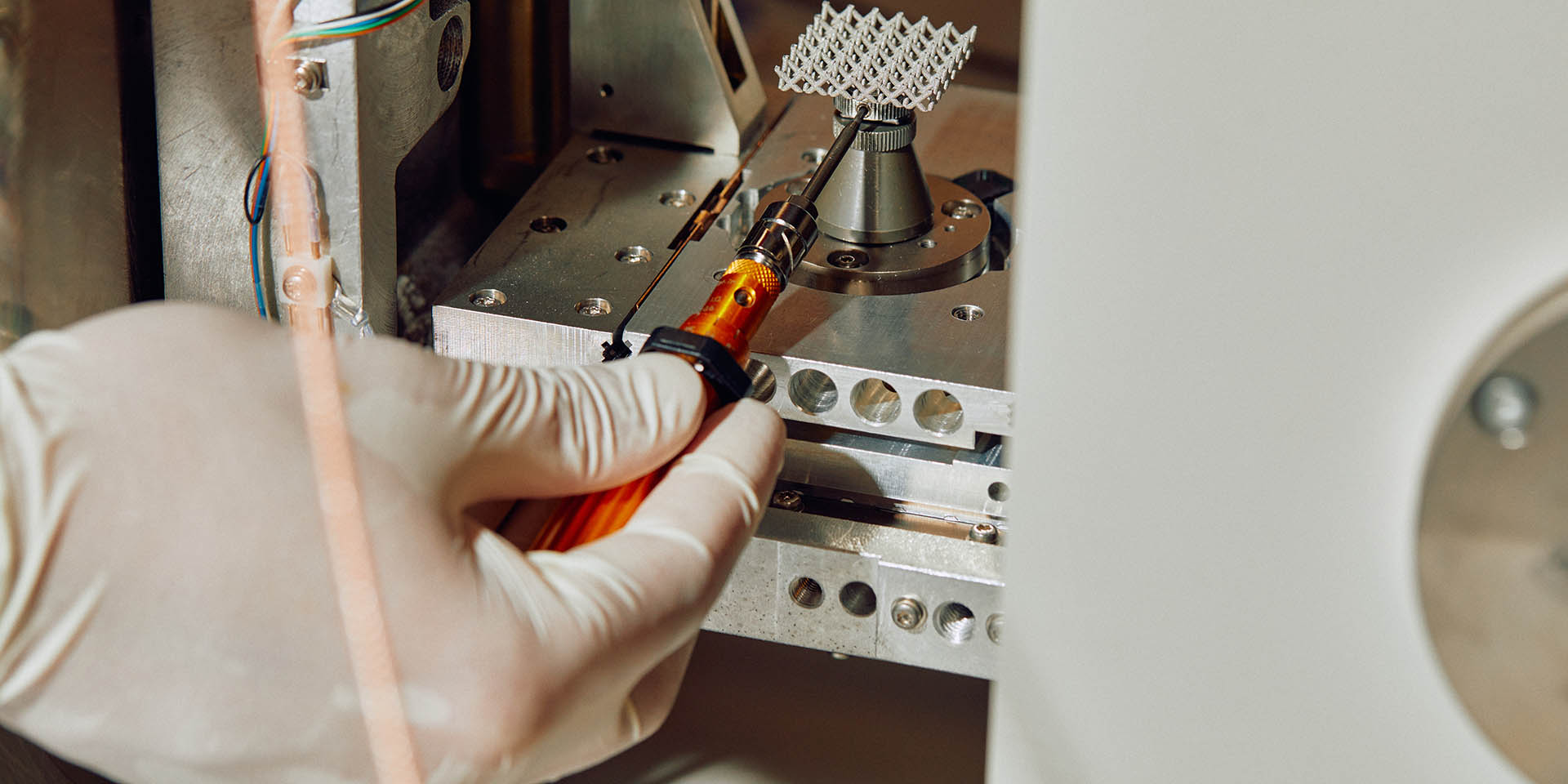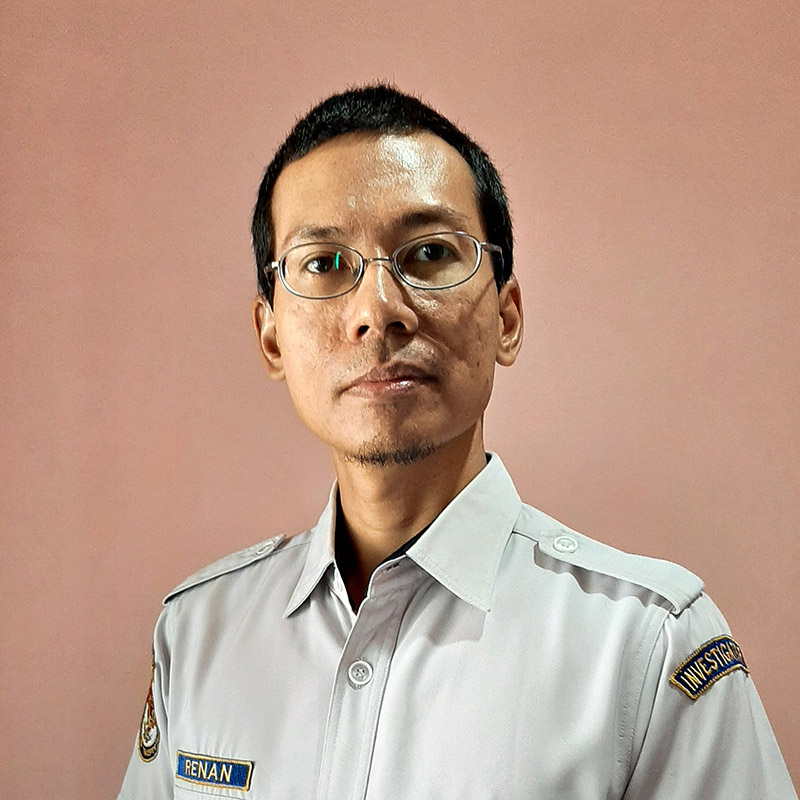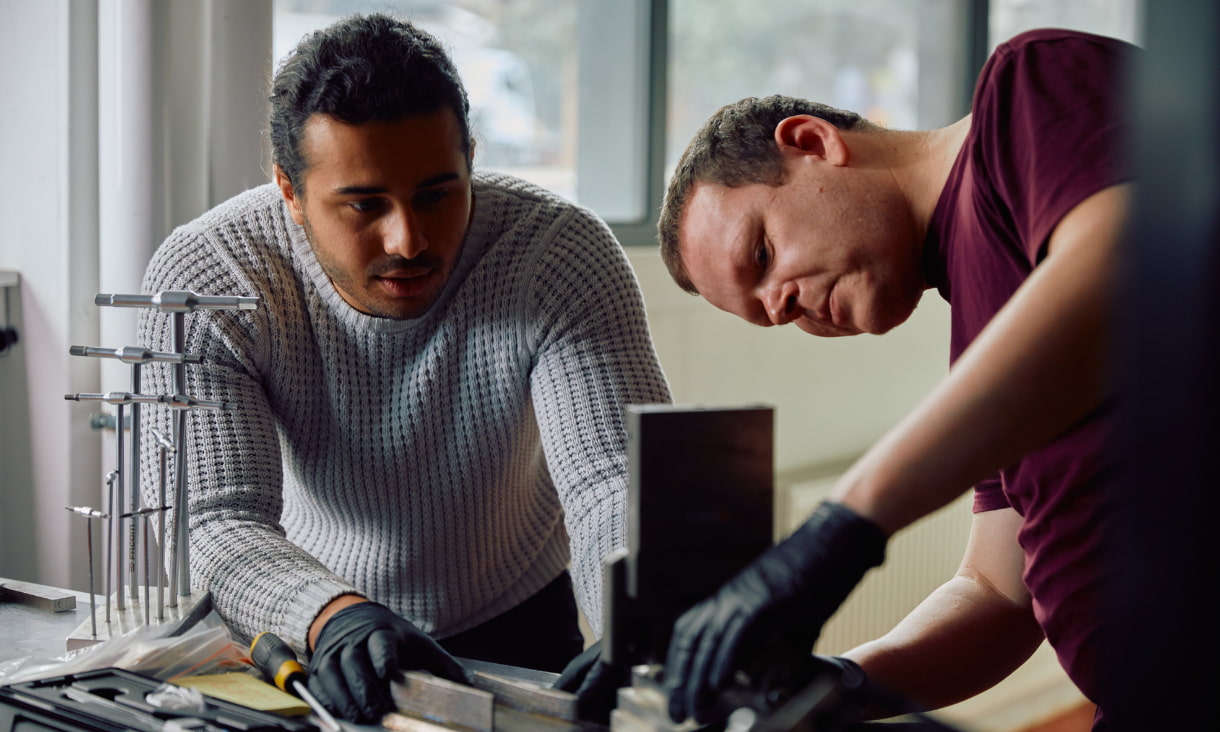
Amplifying a career in engineering at RMIT
Engineer Renan Hafsar from Indonesia shares how RMIT University’s Master of Engineering introduced him to global transportation practices and industry experts that amplified his career.
Engineer Renan Hafsar from Indonesia shares how RMIT University’s Master of Engineering introduced him to global transportation practices and industry experts that amplified his career.

